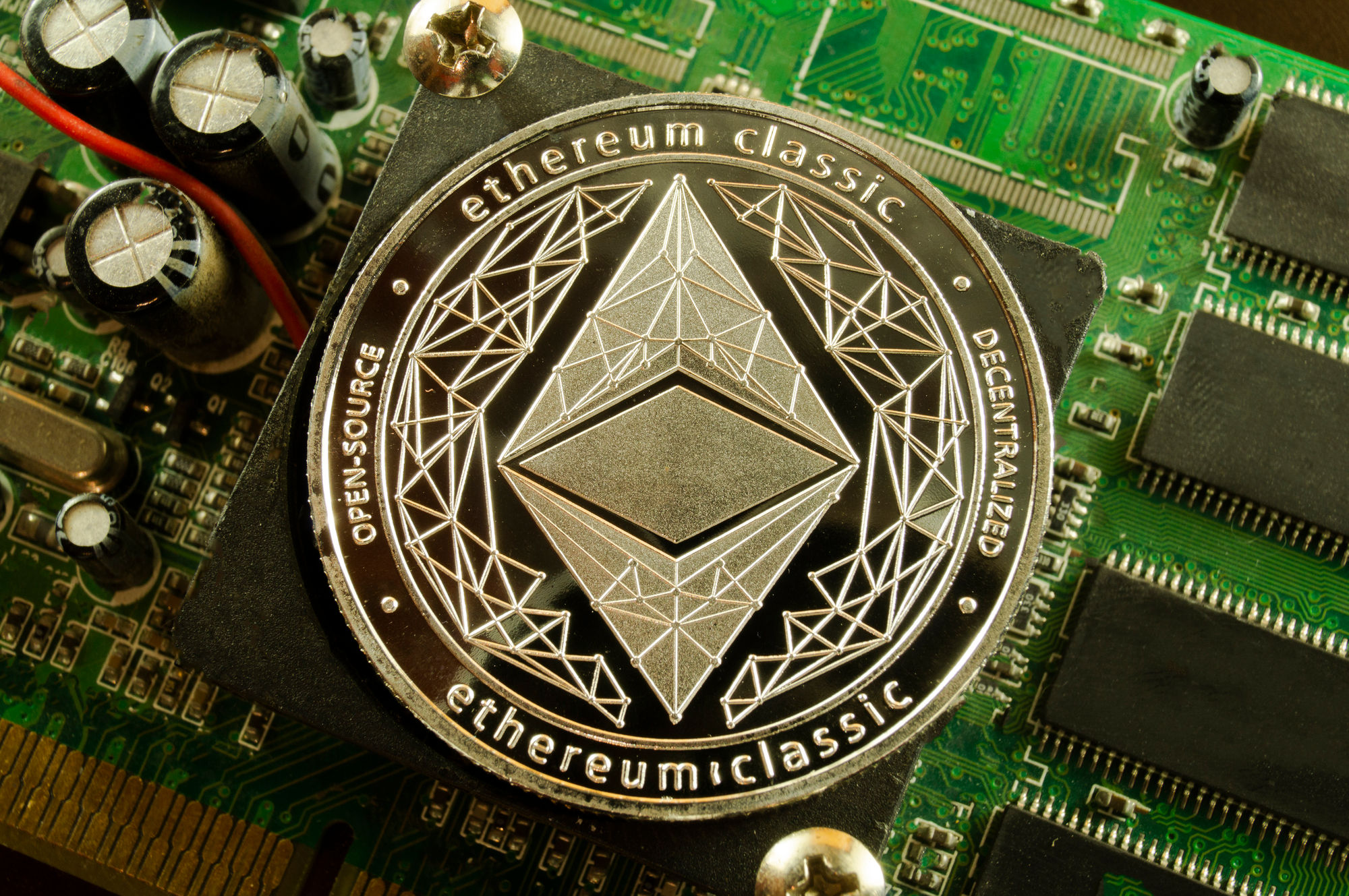- Grayscale won a major court case against the SEC this week.
- The court ruled that Grayscale could transition its GBTC Trust into an ETF.
- The implication is that companies could launch other crypto ETFs.
Bitcoin price popped sharply on Tuesday after the US appeals court ruled that the SEC acted arbitrarily when it rejected Grayscale filing to convert GBTC into an ETF. The decision ignited a major crypto comeback, with the total market cap of all cryptocurrencies soaring to over $1.09 trillion.
The ruling on Grayscale is important because the SEC is currently reviewing other spot Bitcoin ETFs by the likes of Invesco, Blackrock and WisdomTree. This decision will come as soon as this week. As I wrote on Tuesday, the SEC could decide to approve, reject, or delay the ETF proposals.
I believe that the SEC will seek more time to review these proposals and the court ruling on Grayscale case. Ultimately, however, I suspect that the agency will be forced to accept these proposals.
For one, the recent proposals offer some improvements compared with the initial ones. For one, they include a surveillance clause that helps to prevent market manipulation in the ETF. Also, gold ETFs like the SPDR Gold Trust have always existed and I see no big difference between BTC and gold.
The other important takeaway to consider is that companies could seek to launch more crypto ETFs if a Bitcoin fund is listed. The most obvious candidates for these funds are cryptocurrencies like Bitcoin Cash, Bitcoin SV, and Litecoin.
These three coins are extremely similar to Bitcoin since they all emerged from their forks. Unlike most other coins, BCH, BSV, and Litecoin are all proof-of-work coins that have no staking features. The SEC does not view them as financial securities.
The only challenge with some of these coins, especially Bitcoin SV and Bitcoin Cash is that they tend to have low daily trading volume. As such, they might prove to be unprofitable for ETF companies.
An Ethereum ETF could also be launched since it is the second-biggest cryptocurrency in the world. It is also the second most liquid coin in the industry, one that helps power most sectors like DeFi and NFTs.
The challenge for Ethereum is that it transitioned from a proof-of-work (PoW) into a proof-of-stake (PoS) network after the merge. As a result, by combining with the Beacon Chain, it initiated staking in its platform. Therefore, the SEC likely sees it as a security, which could make its approval challenging. Other coins with potential for ETFs are Tron, Cardano, and Polygon.












